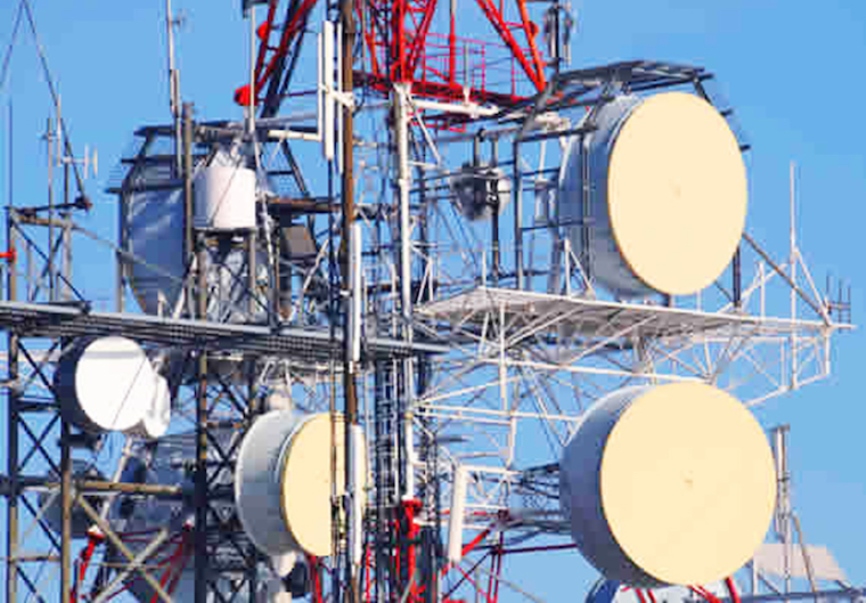From Our Correspondent
- Broadband penetration nearing 50% by year-end
According to the Nigeria Bureau of Statistics (NBS) computation, the telecommunications sector’s contribution to the nation’s Gross Domestic Product (GDP) has risen to 16 per cent in the second quarter of 2023.
The Chief Executive Officer of the Nigerian Communications Commission (NCC), Prof. Umar Danbatta, announced this in a keynote address at the annual Telecom Executives and Regulators Forum (TERF).
TheNewsZenith reports that the Association of Telecom Companies of Nigeria (ATCON) hosted the TERF, on Thursday, in Lagos.
According to the NBC data, from a 14.13 per cent contribution in the first quarter of 2023 the telecommunications sector added 16 per cent to the national GDP in the second quarter of 2023 to set a new record.
This is an improvement from the hitherto 15 per cent all-time-high record contributed in the second quarter of 2022.
The theme of his keynote address is “Success Factors and Barriers to National Broadband and Digital Economy Aspirations”.
Dambatta took the audience through the commission’s giant strides.
From about eight per cent contribution to GDP in 2015, when he came on board at NCC, Dambatta said quarterly GDP has reach its current threshold of 16 per cent.
“This has continued to positively impact all aspects of the economy.”
Read Related News:
Nigeria’s Telecom access gaps drop by 53%
Telecom sector contributes N2.51tr to Nigeria’s GDP
“Through NCC’S sustained operational efficiency, the industry has grown in leaps and bounds over the past two decades. And this has impacted on all other sectors of the economy,” Danbatta said.
According to him, the effective regulatory regime put in place, and with the support from all stakeholders Telecom has become a success factor as an industry.
He, however, highlighted some challenges hindering broadband deployment in Nigeria.
These range from right of way (RoW), fibre cuts, high capital requirement for deployment, multiple taxation and regulations among others.
In spite of these barriers, Dambatta said the commission “is navigating regulatory complexities, digital divide and literacy, security concerns with firmness and increased collaborations with necessary stakeholders.
On multiple taxation, he said there are about 46 different taxes directed at the telecom sector at the moment.
“Such charges and levels, coming in various names, are imposed on telecom operators by some agencies and tiers of government, especially at the state and local levels,”
Also Read:
FG removes excise duty for telecoms services
Internet Forum 2023: NCC to host 54 countries
“The challenge translates into greater economic burdens on telecom subscribers in the country,” Danbatta said.
Speaking about connectivity, Danbatta said, in past years, the commission has identified some clusters of access gaps in the country.
“But we have recorded a significant drop in the number of access gaps. This is as we continue to drive initiatives that boost access to telecommunications services.”
NCC, he noted, does this by enlisting government commitment to a digital economy. It is doing this with robust policy frameworks, promoting competition and market liberalisation, effective spectrum allocation and driving e-government ecosystem.
With various ongoing regulatory efforts, he said NCC would reach 50 per cent broadband penetration by 2023.
“And by 2025, we would have surpassed the 70 per cent broadband penetration target, as contained in the Nigerian National Broadband Plan (NNBP) 2020-2025,” the EVC said.
Do you have a flair for Citizenship Journalism? Share story(ies) of happenings in your area with The NewsZenith on WhatsApp: 08033668669 or thenewszenith@gmail.com
